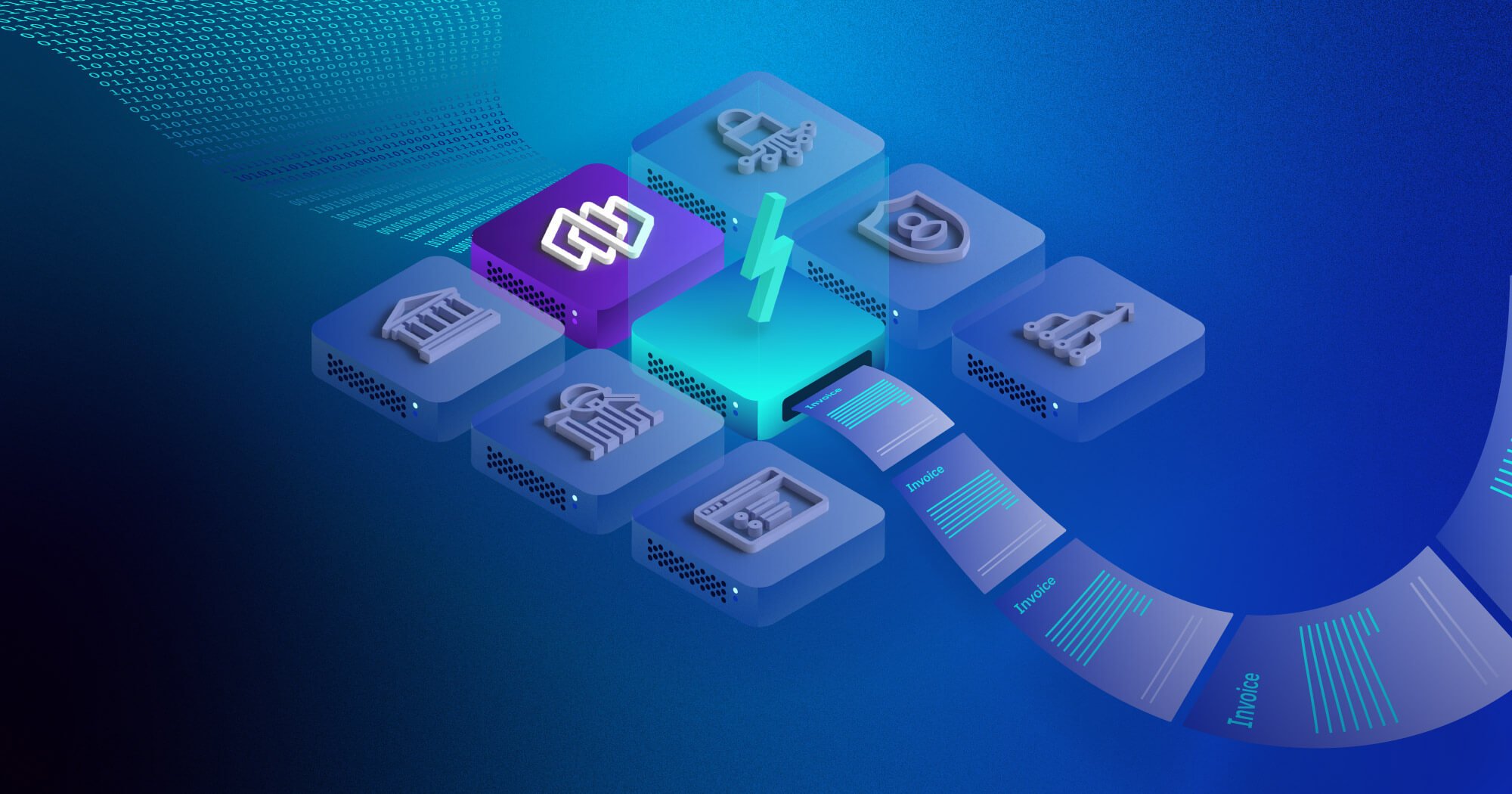Flux Federation | 17 October 2023


The energy sector is rapidly moving away from fixed or rigid traditional business models to more flexible ones that put the power of choice into customers’ hands, enabling them to consume and pay for energy based on their fluctuating needs.
Customer expectations of utilities have evolved significantly with strong digital experiences provided by the likes of Netflix and Google setting the bar high for every other industry on earth. Great news for consumers. And also great for businesses because there are enormous benefits to running a digital, more customer-centric organisation. However, getting to the point of delivering flexible, digitised services can be quite an undertaking, often requiring re-engineering of value chains, recalibration of internal teams, and, of course, reconfiguration, or replacement of tech stacks with modern technology.
When looking at the technology an energy business might need to undergo a digital transformation, there’s a raft of software required to operationalise digital customer experiences, such as CRM, cloud storage, project management, and CCM (to name just a few).
There’s also modern billing software, which for most energy companies has become a foundational requirement to delivering not just exceptional digital customer experiences, but also launching renewable energy products and optimising revenue. We say ‘modern’, because billing software isn’t a new thing. Indeed, energy companies have been using billing software for decades. What’s important here is that in order for energy sellers to successfully become digitally-led organisations bringing clean energy solutions to market and maximising profitability, they need to be able to easily and accurately bill what they are selling. And surface that data to their customers and internal teams. Which means their billing software needs to be flexible and configurable to handle more complex calculations and multi-party billing requirements, and reduce reliance on humans. Legacy billing tech simply cannot do this (and as a side-bar, there are lots of legacy billing software providers touting their products as ‘modern’ - don’t be fooled. Your due diligence should determine what’s truly modern, and what’s simply a new brand applied to legacy tech).
In a recent post, we used the analogy of energy billing software being akin to the battery in a car - a relatively small component of the overall picture, but without it, the car won’t start. Think about it this way - if you can’t bill it, you can’t sell it. And if you can’t sell it, then you can’t offer your customers the experiences and products they want. And revenue will suffer. Which makes modern billing software pretty damn important.
Being able to bill what you need to sell and harness data to improve customer experiences isn’t a nice to have anymore, it’s essential. But there’s more to gain than just billing from modern billing software. Here’s a few other benefits:
In addition to these benefits, modern billing software reduces the need for human intervention, bringing greater accuracy and efficiency while reducing customer enquiries and revenue leakage. It brings a level of intelligence not found with legacy energy billing software systems, ultimately resulting in optimisation of revenue through greater insight, flexibility, productivity, and speed. So while modern billing software may well be a small part of the overall energy technology landscape, it is indeed mighty.
Flux’s next generation billing software is here to help energy businesses succeed in the new energy economy. We play a vital role in ensuring energy companies can provide smart products, and the confidence to meet the demands of the new energy economy, their customers, their channels and their stakeholders. Reach out to our team of experts to find out how Flux can help transform your business.

Sign up for the latest updates in technology, changes, regulations, and new energy products from Flux.